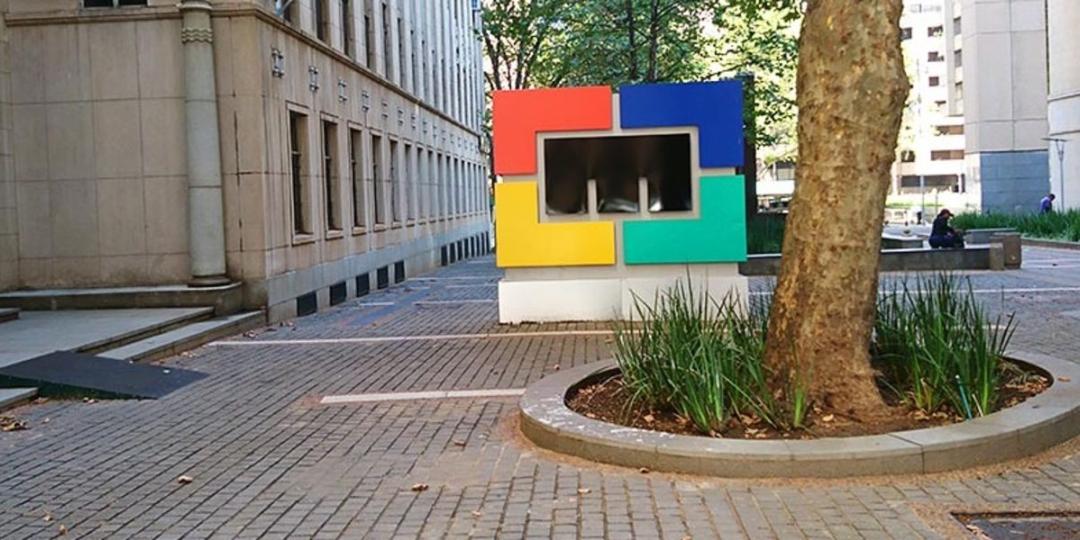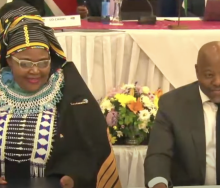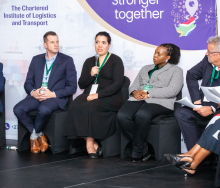The mining and energy sectors are joined at the hip and South Africa needs to understand that the inability to fix Eskom will see its mining sector become uncompetitive.
This is the warning from the long-serving CEO of the Minerals Council, Roger Baxter, who recently announced he would step down from his post when his contract expires this year.
“In the same way that mining is joined to energy at the hip, so is the case with logistics. I like to use the analogy that energy is the heartbeat of the economic body and logistics of the vascular system. If the heartbeat is weak and the vascular system clogged you are facing imminent death.”
Baxter, in conversation with Eskom CEO Andre de Ruyter, who has also announced his resignation, said time was of the essence for the mining sector.
“The government was warned of this crisis as far back as 1998,” said De Ruyter, referring to the then energy policy white paper that was never implemented. “The energy crisis is a constraint on the economy that has to be solved sooner rather than later.”
Both Baxter and De Ruyter said issues such as the unbundling of Eskom needed to be completed without any further delay. Splitting Eskom into three separate entities – generation, transmission and distribution - would immediately bring some relief.
“It is a well-trodden path and should not be taking so long to execute. This unbundling has been mooted now for the better part of 30 years and we haven’t yet got down to making it work.”
The Minerals Council has been working closely with Eskom over the past five years to address energy unreliability.
Baxter said part of the challenge was the long time taken for decisions to be turned into action – time the mining sector could ill afford to lose.
“For example, how is it possible that a mining company with an established environmental impact assessment has to wait 18 months for a permit to be issued or wait up to two years for approval for a solar power project?”
He said mining houses in South Africa had at least 10GW of power projects in the pipeline at present. “We are looking at R10 billion worth of investments, but most of that is only after 2024. We need to address the critical short-term blockages in energy and logistics now or face the consequences.”













